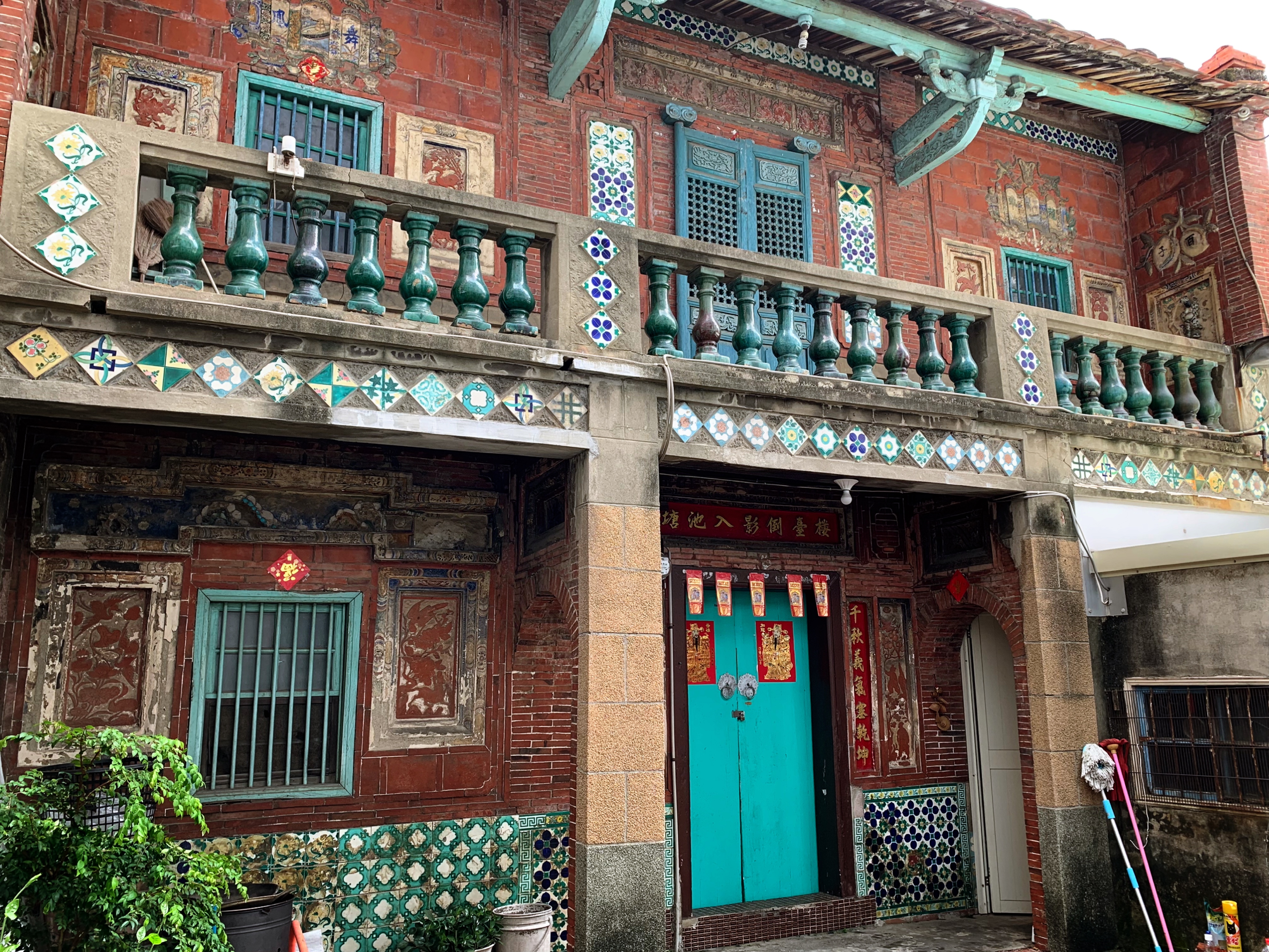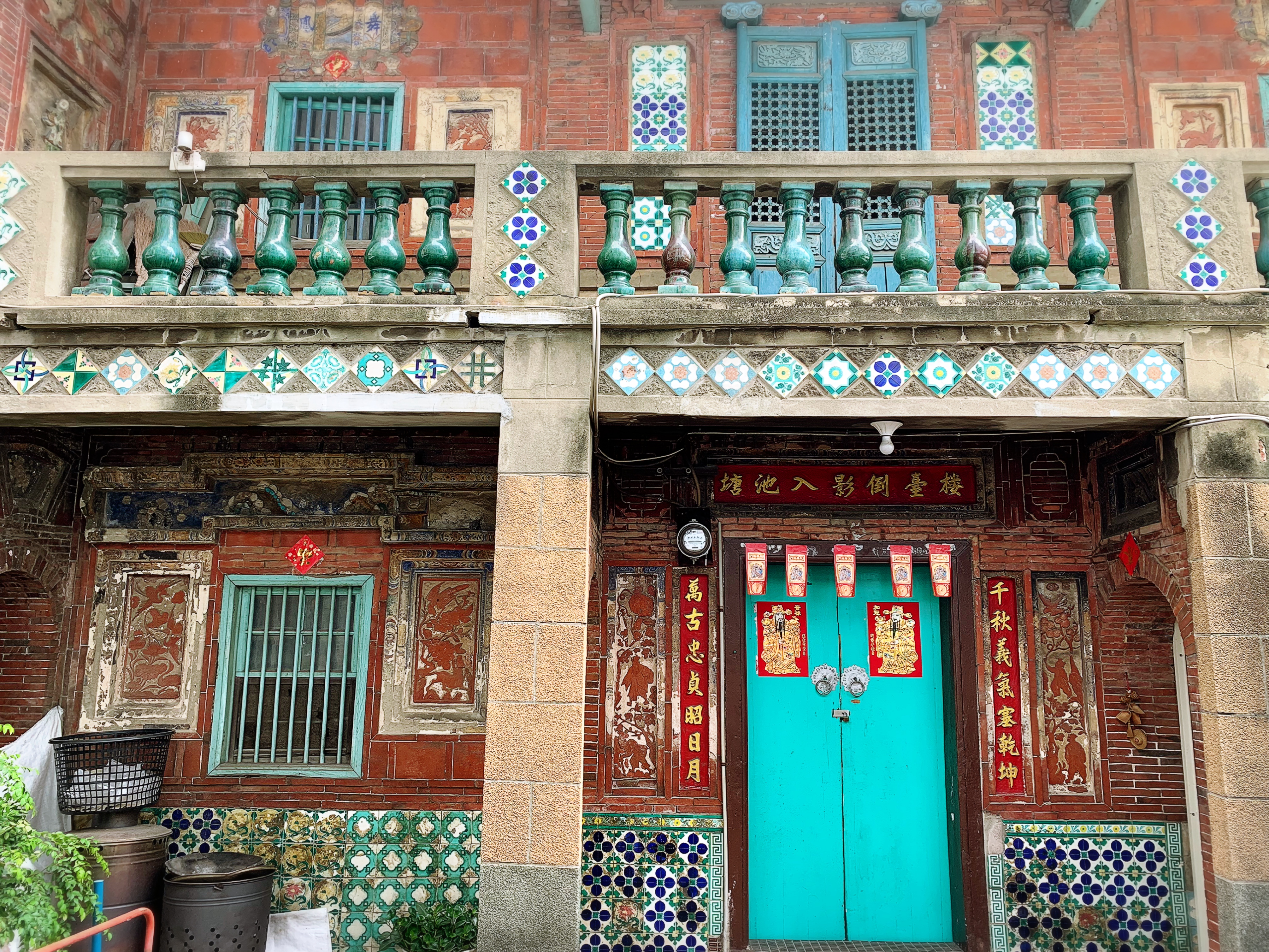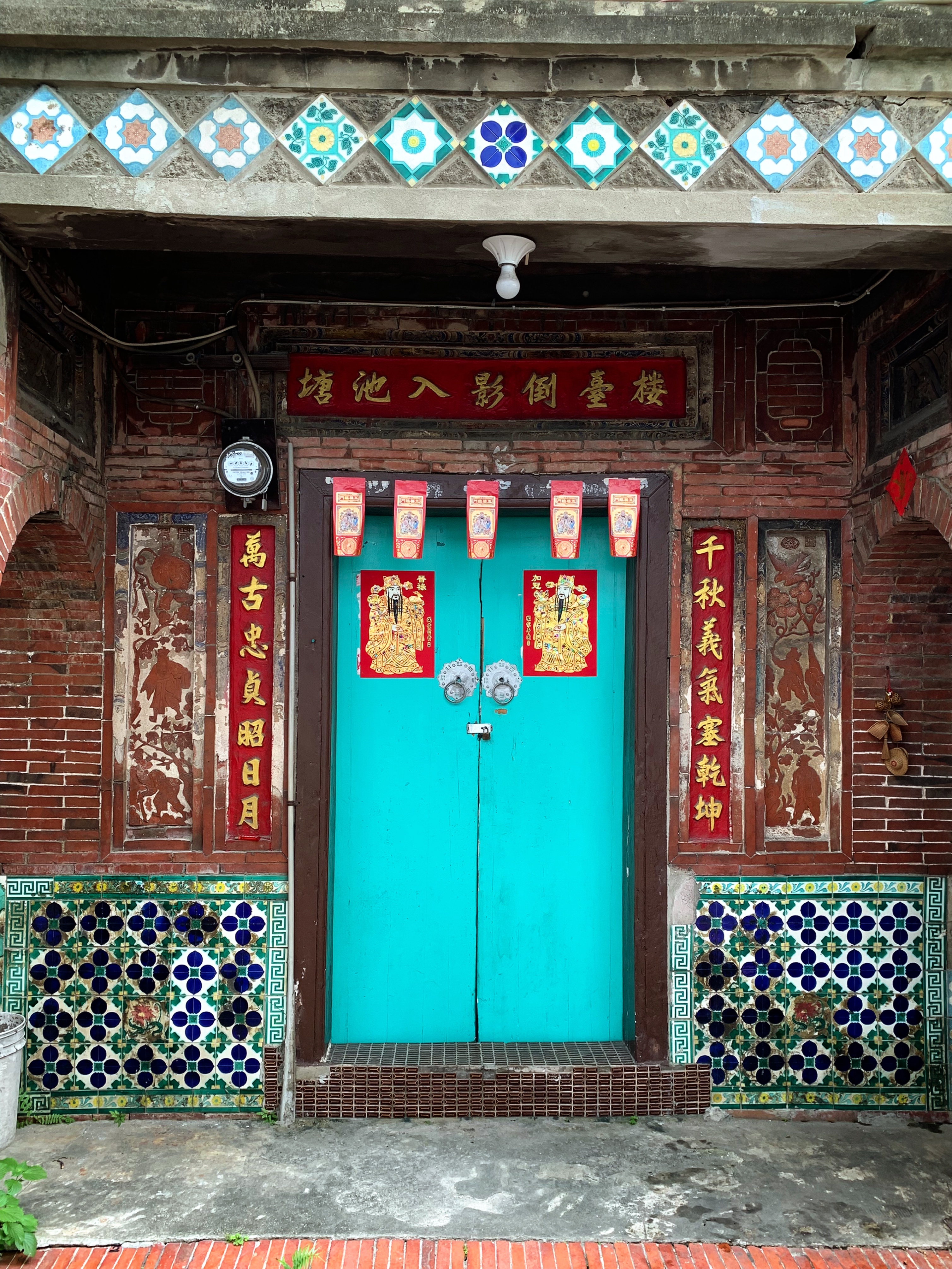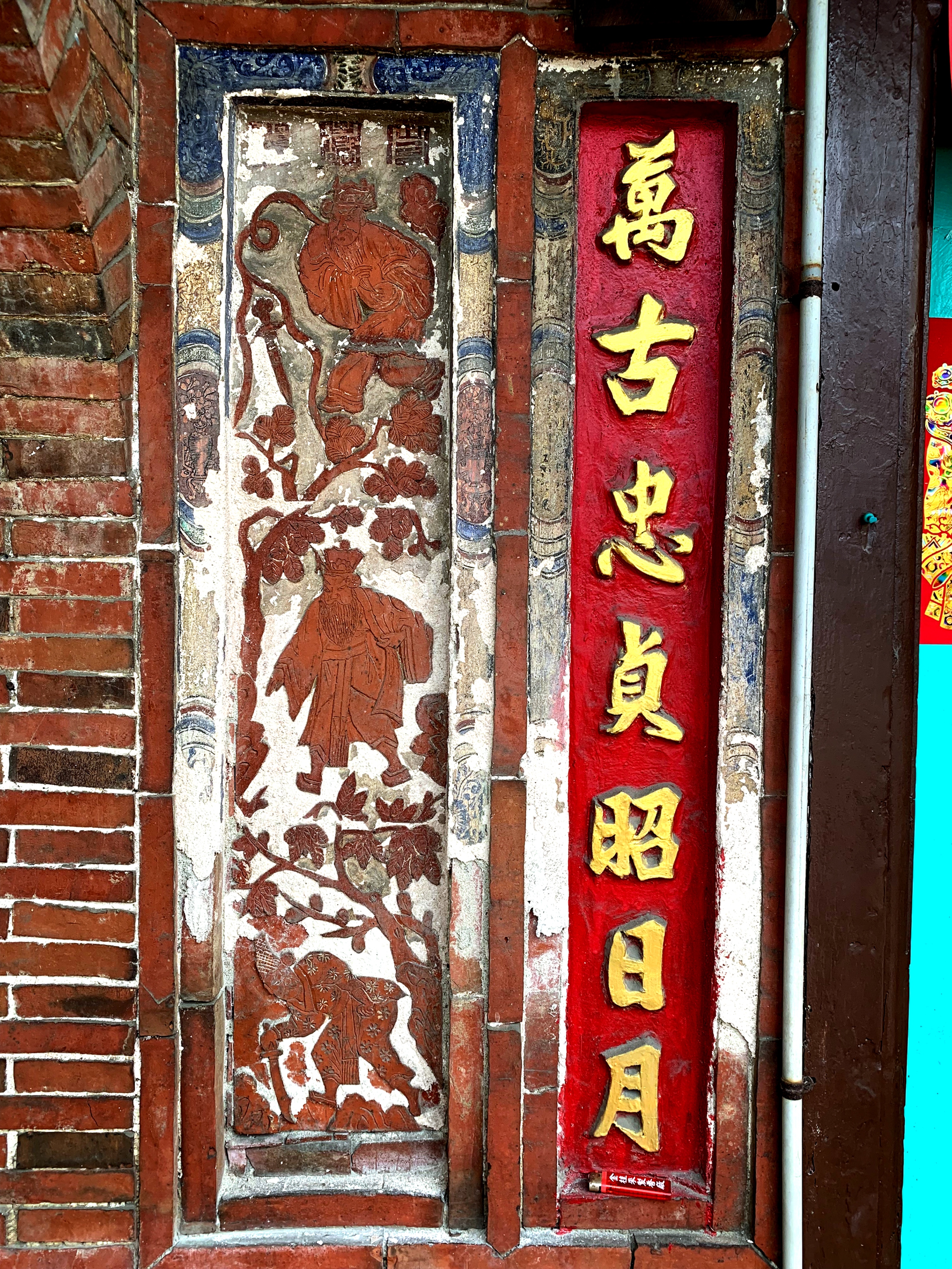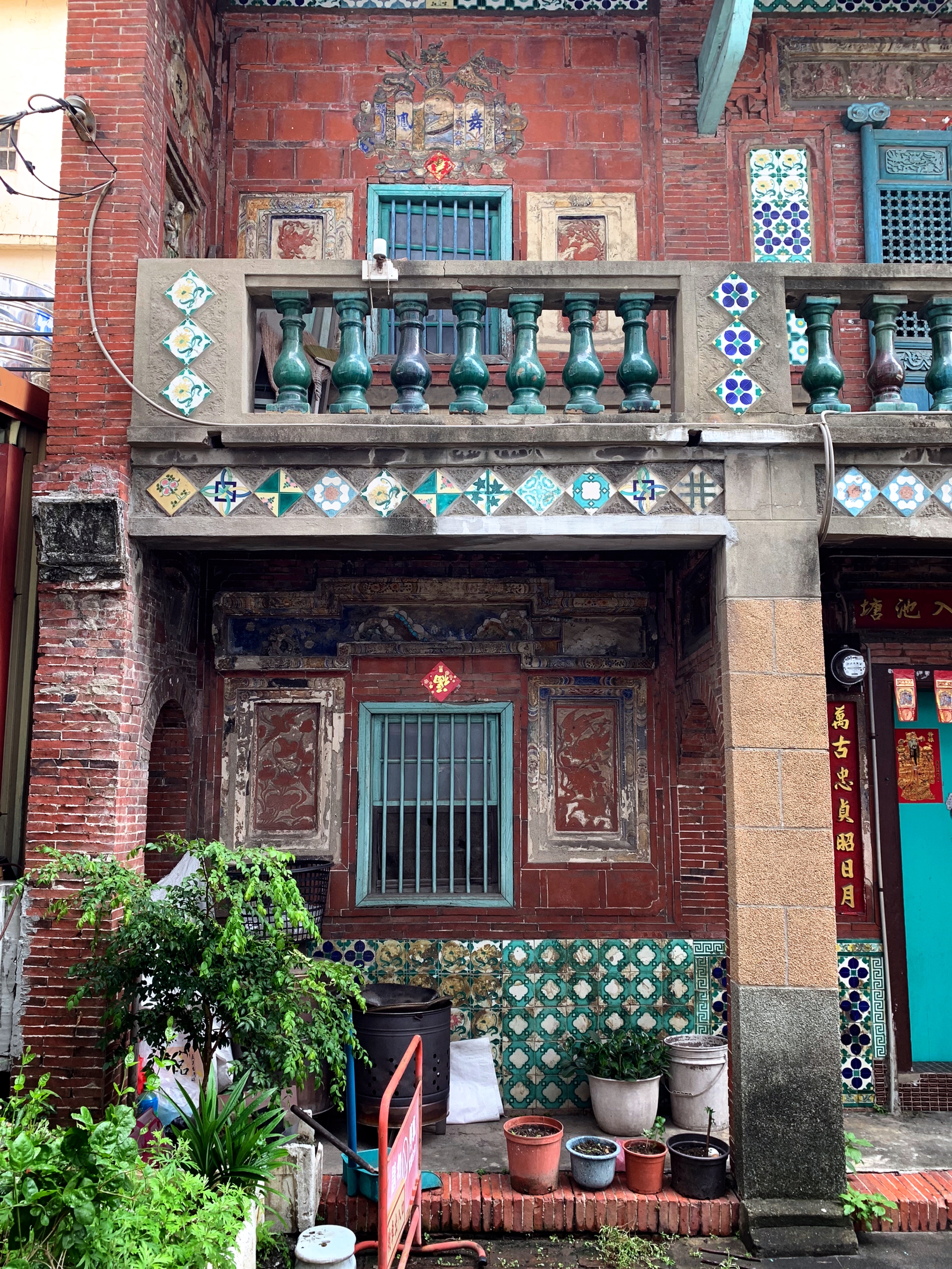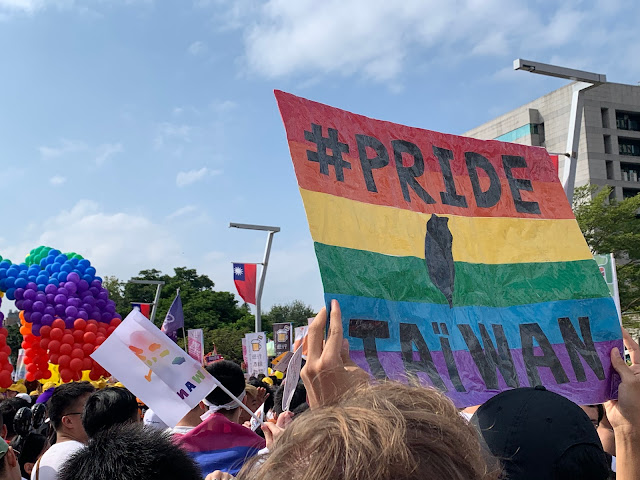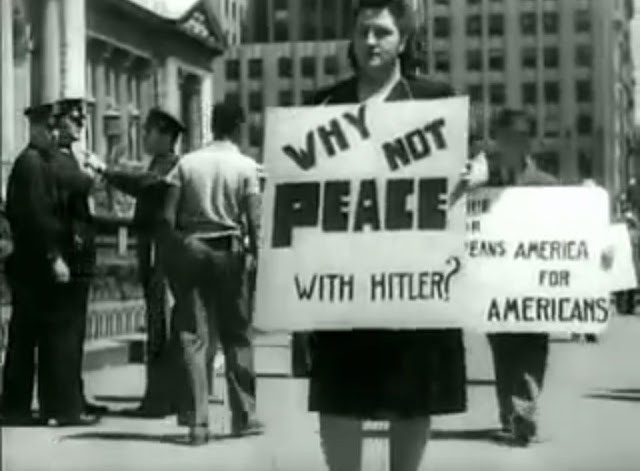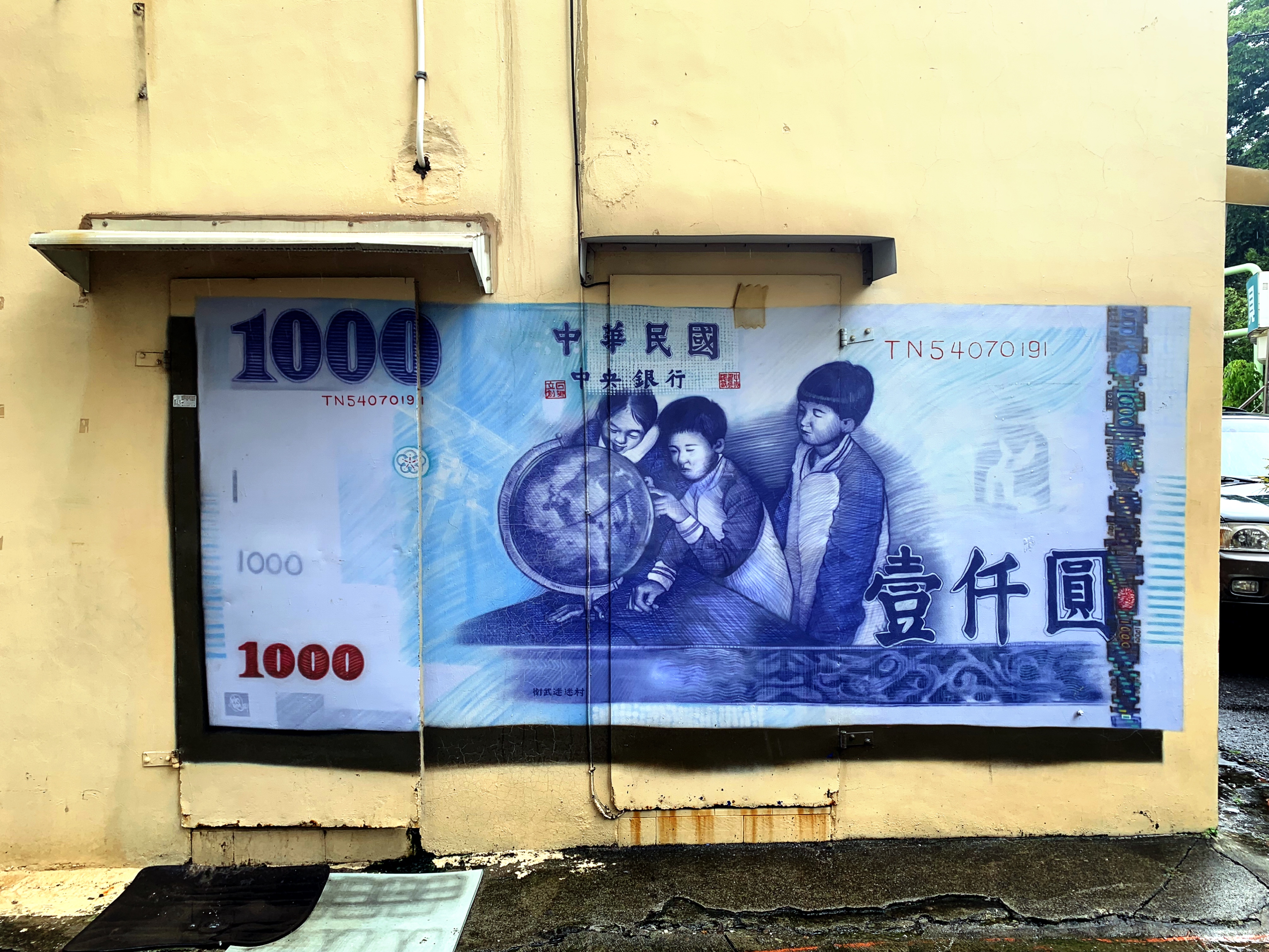
There's a lot of tankie and tankie-adjacent horptyglorp about how Taiwan cannot possibly be considered a country. This is wrong, and I am delighted to tell you why.
This is the first of a two-part post: in a day or two I plan to do a little mythbusting of all the specious claims made about Taiwan by people whose opinions are most likely bought and paid for.
So what evidence actually supports the case for Taiwan nationhood? There are multiple ways to determine this: by internationally agreed-upon convention; by the status of various binding treaties; or by whether or not the state in question is recognized by other states.
The fact that there actually is more than one valid interpretation or way to come to a conclusion about Taiwan's status is proof, in itself, that there is no singular "international law", "One China Policy" or "UN recognition" that determines Taiwan's status.
What's more, by any one of those interpretations, Taiwan, or the government that currently presides over it, either is a country (by convention), or its status is undetermined (by treaty). I happen to ascribe to the former view, but the latter deserves some space as well.
Let's dispense quickly with the "nationhood derives from recognition by other nations" argument. A sovereign government on Taiwan does indeed enjoy a small amount of official recognition, which means it is a country. However, the convention discussed below explicitly states that official recognition by other nations is not necessary. I don't see a strong argument for it as the final determiner in what makes a country.
Convention, or treaty?
The most obvious support comes from the widely recognized Montevideo Convention. Though it was conceived and signed at a International Conference of American States in the 1930s, it's widely accepted as a standard by international organizations.
According to the convention, a state is a state when it has a permanent population, a defined territory, a government and the capacity to enter into relations with other states.
Taiwan has all of these things, and more (for example, it has a military and a currency).
Taiwan does need constitutional reform and a name change, but honestly, states amend their constitutions and change their names all the time, and as noted above, the ROC constitution doesn't actually claim all of 'China'. From an international perspective, the ROC as a state, for now, is not meaningfully or functionally different from Taiwan not being part of what just about everyone recognizes as 'China'.
Here's what I find interesting: the "ability to enter into relations with other states" doesn't necessarily entail diplomatic recognition. Relations can take on many forms. In fact, the convention is quite specific about this (emphasis mine):
The political existence of the state is independent of recognition by the other states. Even before recognition, the state has the right to defend its integrity and independence, to provide for its conservation and prosperity, and consequently to organize itself as it sees fit, to legislate upon its interests, administer its services, and to define the jurisdiction and competence of its courts. The exercise of these rights has no other limitation than the exercise of the rights of other states according to international law.
By this measure, there is simply no question. Taiwan is a state. It is a country. Like Czechia or Eswatini, it can change its problematic name without changing the fundamental fact of its sovereignty; like many countries, it can do the same with its constitution. It simply chooses not to (yet) in order to signal that it is not the entity raising tensions in the region -- that's China.
What's more, there's no law, not even a rule, that a country is only a country through admission to the United Nations. UN recognition would be nice to have, but it's not a need to have. Of course, the UN cannot be considered objective on the matter of Taiwan; with China acting the bully on the security council, Taiwan can never expect fair treatment from that international body.
Taiwan as undetermined?
To me, the convention argument makes sense. It establishes a clear-cut path for a nation to arise and govern itself without other nations needing to validate it. I favor this because it allows for autonomous nation-building and self-determination. It does away with the presumption that only others can tell you what you are, and circumvents imperialist tendencies to look to great powers (or large international bodies bullied by those great powers) to determine the fate of smaller states.
In other words, it's the best possible balance between the importance of nations working together and finding agreement, and the fundamental human right of self-determination.
But let's talk treaties anyway. Another common argument is that Taiwan is a part of China because this or that proclamation, declaration or treaty says so. Usually the reference is to the Cairo Declaration, but that was non-binding. Some refer to the various treaties surrounding Japan's surrender of Taiwan, but neither of these clarifies the status of Taiwan.
Rather than repeat what's already been said about this, here's a fantastic link, and a few choice quotes for those who hit the paywall:
At the end of World War II, ROC troops occupied Taiwan under the aegis of the wartime Allies. Ever since, the then-ruling Kuomintang (KMT) has claimed that Taiwan had been “returned to China” and was now part of the ROC. In reality, Taiwan remained formally under Japanese sovereignty until April 28, 1952, when the San Francisco Peace Treaty of 1951 (SFPT) came into effect. Under the Peace Treaty Japan renounced control of Taiwan, but no recipient of sovereignty was named. This was a deliberate arrangement by the wartime powers. The United States did not want either of the murderous, authoritarian Leninist parties claiming to be the true government of China, the Communist Party of China (CPC) and the KMT, to have Taiwan. Thus, under international law, Taiwan’s status remains undetermined to this day....
I'm not sure I agree fully with this interpretation. It's true that if we go by binding treaties, Taiwan's status is undetermined. But if, as above, we follow broadly-accepted conventions on what makes a country, then Taiwan's status is clear: it's a country. However, the "undetermined" argument has a place in this discussion. Anyway, let's continue:
Only two internationally recognized documents directly bear on Taiwan’s sovereignty are legally binding in the sense that Gao means: the San Francisco Peace Treaty, and the Treaty of Taipei between Japan and the Republic of China on Taiwan. The Treaty of Taipei is deliberately subordinate to the San Francisco Peace Treaty, and neither assigns sovereignty over Taiwan to China, whether in its Communist or Nationalist incarnation. Instead, they are silent on the issue of who owns Taiwan, merely affirming that Japan gave up sovereignty over the island....
When then Foreign Minister Yeh Kung-chao was questioned in the legislature after the signing of the Treaty of Taipei, he said that “no provision has been made either in the San Francisco Treaty of Peace as to the future of Taiwan and Penghu.” When a legislator asked him, “What is the status of Formosa and the Pescadores?” He responded:
“Formosa and the Pescadores were formerly Chinese territories. As Japan has renounced her claim to Formosa and the Pescadores, only China has the right to take them over. In fact, we are controlling them now, and undoubtedly they constitute a part of our territories. However, the delicate international situation makes it that they do not belong to us...."
Even the Republic of China knows that there's no binding international law, treaty or convention that renders Taiwan theirs, let alone Taiwan a part of China or not a country in its own right.
This is the same Republic of China that, years after a foreign minister admitted the ROC had no legal right to Taiwan, devised a 'two state solution' and overtly referred to it as such. The same Republic of China whose (non-KMT) presidents routinely call the country they govern "Taiwan" and have, on multiple occasions, defined it as 'independent'. The same Republic of China that meets all the definitions of a 'state', not a province.
Taiwan is a country
What should define Taiwan today? This is easy: it can only be defined by what Taiwanese people want for Taiwan. What they want isn't hard to see unless you are deliberately not looking: most identify as solely Taiwanese, not Chinese. Those who identify as both mostly prioritize Taiwanese identity, and most consider the status quo to be sufficient qualification to consider independent.
Does that sound like 23 million people who don't want their own country? No. It sounds like a populace happy with Taiwan continuing to be independent from the People's Republic of China to me.
If there's a take-home here, it's that Taiwan's current de facto independence is, essentially, independence, and broadly agreed-on conventions of what makes a nation do indeed apply to Taiwan. By that measure, Taiwan is a country. There are different ways of interpreting this, but no sincere effort to understand Taiwan's status ends with 'well it's clearly part of China'. There is simply no perspective that renders such a claim true: the PRC doesn't govern it, and Taiwan doesn't claim the PRC mainland.
What all of these points of view do have in common is simple: there is no international law that makes Taiwan 'part of China', but plenty of international conventions and interpretations of statehood that support the idea of Taiwan as not just deserving of independent statehood, but already having it.

